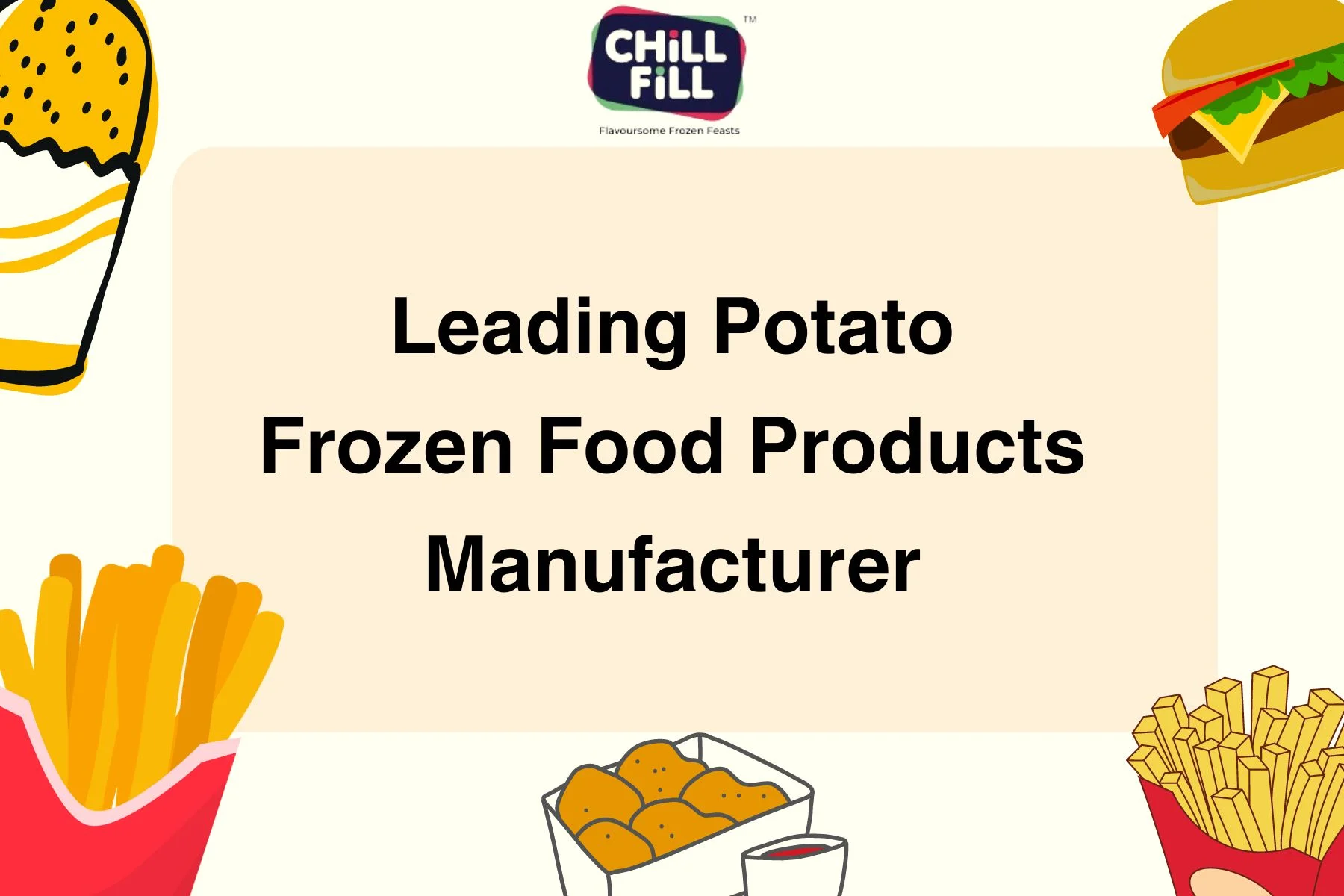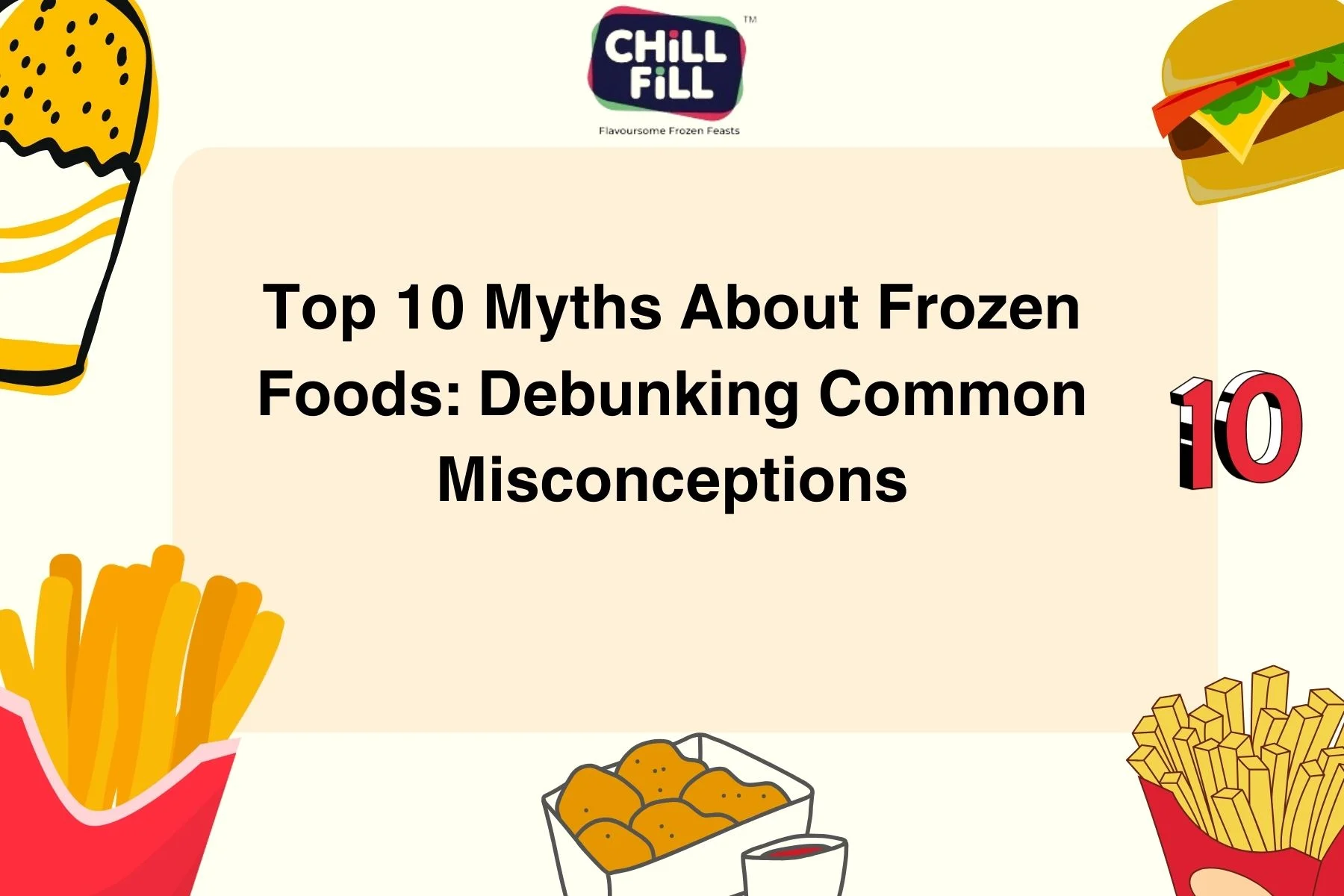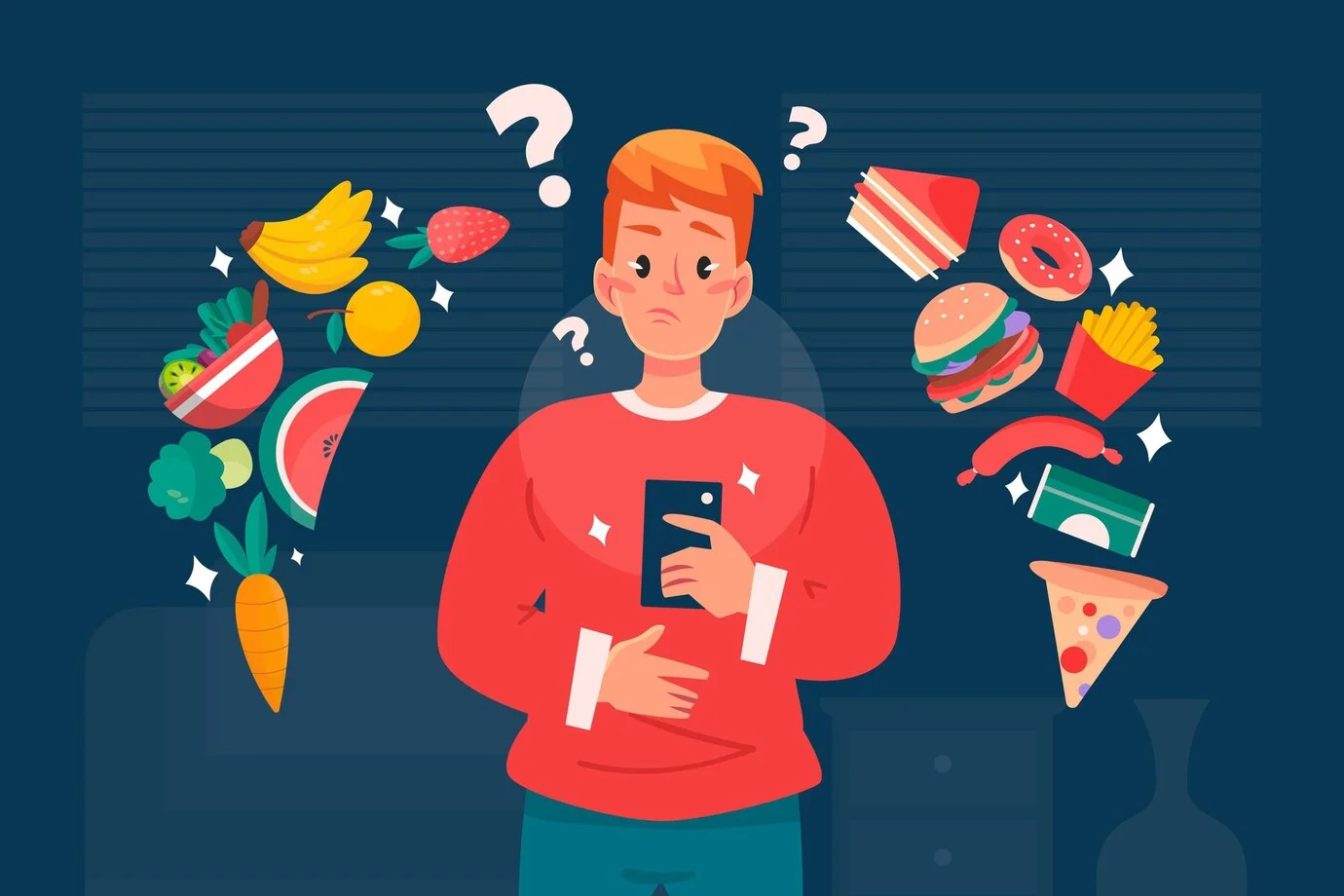


As you wander down the frozen food aisle, you may pause. Perhaps you are thinking that you have heard frozen foods are not as nutritious or packed with preservatives, or they are just not as good as fresh. How much truth is behind these common beliefs? Here, we will examine and debunk the top 10 myths surrounding frozen foods. By separating out the facts from the fad, you will come out the other side with much more of an understanding of just how frozen foods fit into a healthy diet and lifestyle. Prepare to have your assumptions challenged, and learn why frozen foods might actually deserve a second chance where your meal planning and grocery shopping routine is concerned.
Fact: Frozen foods can be as healthy, if not much healthier, than fresh foods. For instance, the reason is that fruits and vegetables intended for freezing are usually selected at peak ripeness, when they are fully charged with the highest amount of nutrients. Freezing simply retains these nutritional values. Studies have proved that most frozen fruits and vegetables are packed with the same amount of, or even more, nutrients than their fresh versions, which lose many nutrients due to transportation and storage.
Fact: Freezing is a natural preservation method that significantly eliminates the use of added chemical preservatives. These subzero temperatures inactivate the growth of microorganisms responsible for spoilage and foodborne illness. In fact, most frozen foods, majorly plain fruits and vegetables, contain no added preservatives. Such preservation processes rely solely on freezing to keep the food items fresh.
Fact: If done properly, a lot of flavor and texture from the fresh food really does stay with frozen foods. It all depends on how something is frozen and thawed. Quick freezing at super low temperatures—dubbed flash freezing, a common method used by commercial producers—is a great preserver of taste and texture. Again, proper storing and handling—keeping that freezer at a steady temperature and not constantly letting it thaw and then refreeze—helps ensure that frozen foods are flavorful.
Fact: Not all frozen dinners are created equal. While there are correct assumptions that some of them are loaded with sodium and fatty unsaturated elements, added with processed preservatives, there are a number of healthier options available in the market. Recently, more brands have started incorporating meals that contain whole and natural ingredients and that provide well-balanced nutrition on top of meeting several dietary needs, such as low-calorie, gluten-free, and organic products. Reading labels and choosing wisely can make meal choices quite nutritious and convenient.

Fact: Freezing food doesn't kill bacteria and other microorganisms; it simply places them in dormancy. As soon as the food thaws, these microorganisms can again become active. This is why handling and cooking thawed foods properly for food safety is so very important. Thawing food in the refrigerator, cooking at the recommended temperature, and avoiding cross-contamination are important ways to help prevent foodborne illness.
Fact: If stored at the right temperature, normally at or below 0°F (-18°C), frozen foods have an extremely long shelf life. Many frozen foods are going to be safe for several months to a year or more if they include such products as vegetables, and prepared dishes. Along with proper storage, proper packaging either through vacuum sealing or airtight containers prevents freezer burn, thus extending shelf life.
Fact: Yes, you can refreeze thawed food if it has been handled safely and kept at a proper temperature. However, refreezing does have some effects on the texture or quality of the food. For example, refrozen fruits and vegetables will most likely lose their turgor and be mushy. This would minimize the effects; thus, it is always advisable to use thawed food as soon as possible and refreeze only when necessary. Besides, proper thawing techniques, such as refrigeration, slightly help in preserving quality for refreezing.
Fact: Frozen is just as good—sometimes better than fresh—when it comes to the actual retention of nutrients. Fresh stuff might be nutrient-deficient by the time it travels from farm to market to your home. But frozen is usually flash-frozen right after harvesting, which really helps to lock in the nutritional quality of the food at its peak. Another perk: Frozen produce tends to be way more convenient because it's pre-washed, pre-cut, and ready to go—shaving time from meal prep and reducing food waste in the process.
Fact: Freezing food can be done in a very simple and efficient manner. It is an excellent way to preserve leftover foods, purchases in bulk, and seasonal produce. Steps to freezing food involve proper cleaning and preparation, appropriate airtight containerization or freezing-bag storage, and labeling of product with a date. For best results, the food product must be frozen as quickly as possible to reduce large ice crystal formation affecting the texture of foods. The following simple steps will give the freezer the opportunity to save time, reduce waste, and perhaps be less bothered by meal planning and preparation.
Fact: Frozen can be cheap, especially if bought in bulk or when on sale. Generally, some frozen, specially manipulated products can be really expensive, while most staples like vegetables, fruits, and proteins are generally cheaper per serving compared to buying fresh, especially when factoring in the waste factors associated with spoiling. Moreover, due to their longer shelf life, there will be better planning and fewer shopping trps required, which further adds up to the cost savings.
Frozen foods offer an easy, healthy, and affordable way to enjoy many types of meals and ingredients. We hope that with this guide, we have dispelled these common myths and outlined the advantages and versatility of frozen foods for you. Next time at the grocery store, don't be afraid to see what's in the freezer section; it's full of healthy, delicious food choices. Embrace convenience and nutrition, and the flexibility that frozen foods bring in terms of meal planning and preparation.